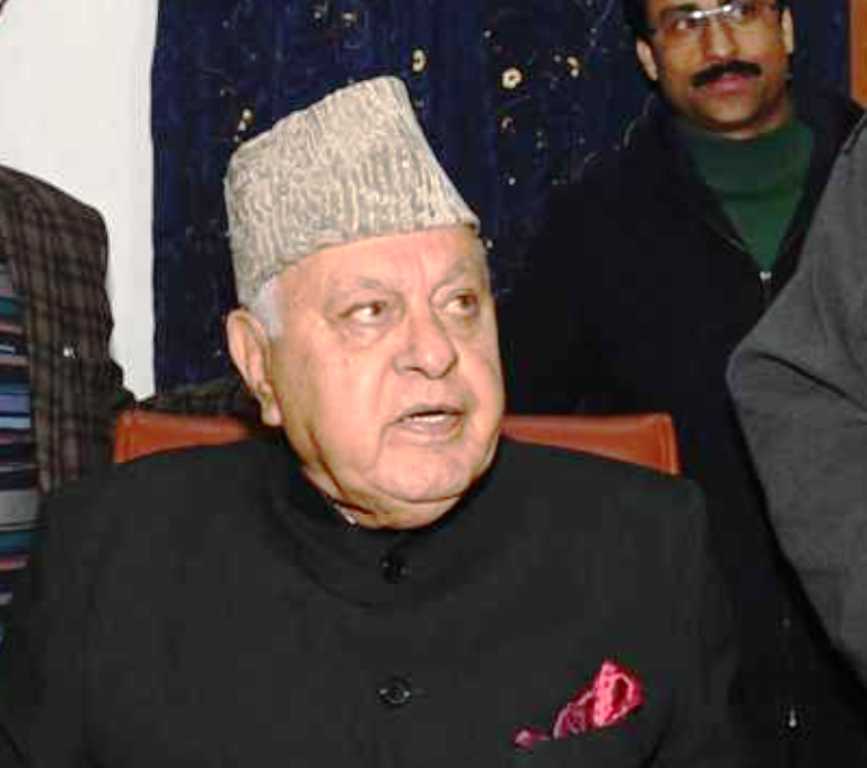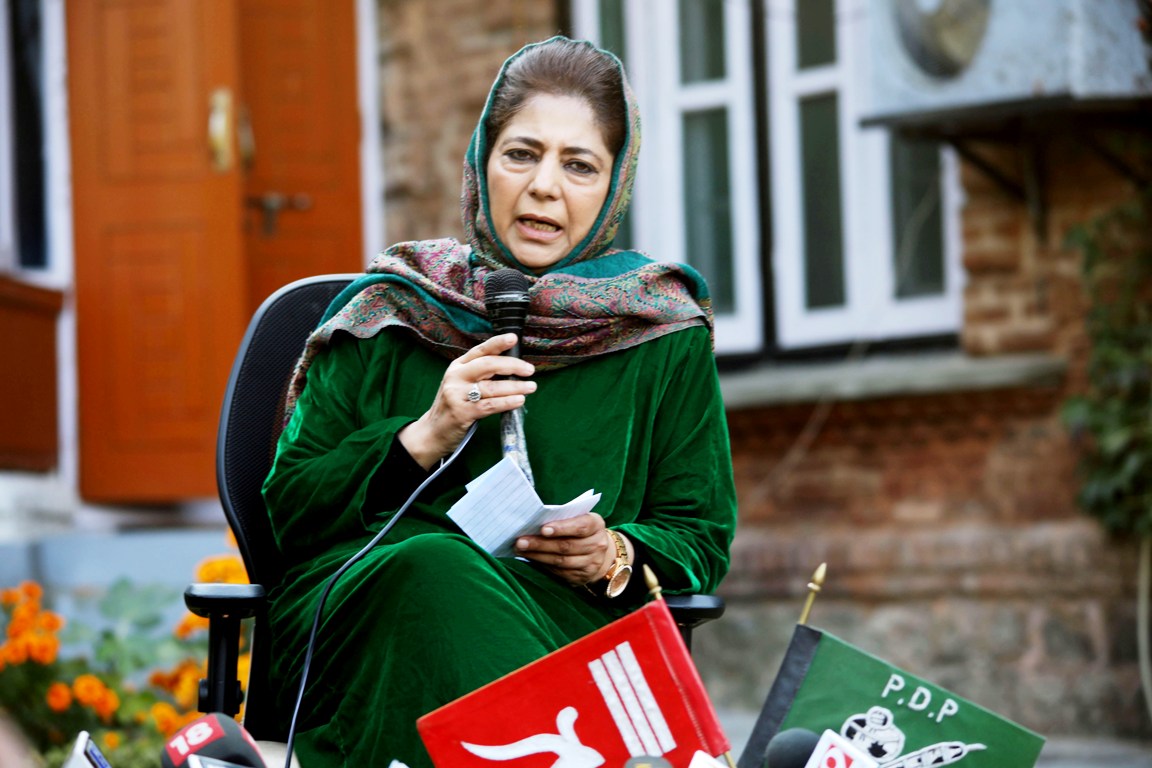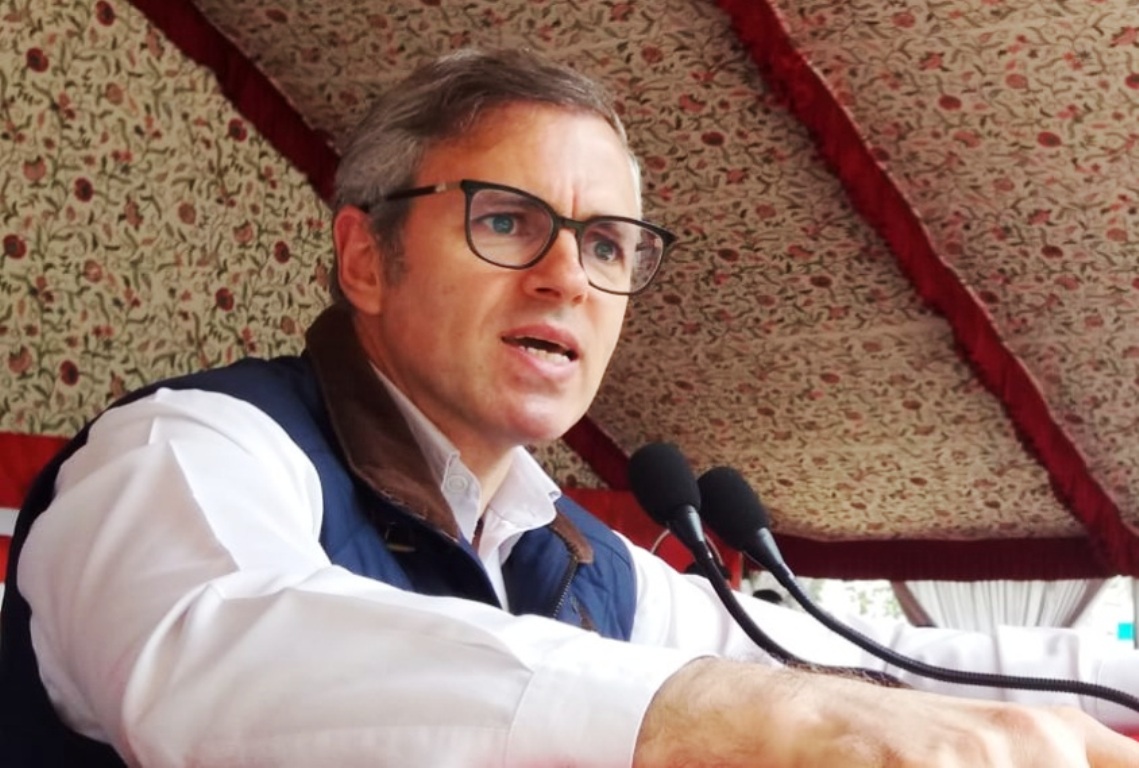Srinagar
Former Jammu and Kashmir finance minister and senior National Conference leader Abdul Rahim Rather on Wednesday rebutted the government’s claims that implementing Goods and Sales Tax (GST) in the state will have no affect on fiscal autonomy enshrined in constitution of Jammu and Kashmir and said that if Goods and Sales Tax is implemented in letter and spirit, the special financial autonomy that Jammu and Kashmir enjoys will be eroded.
Rather was addressing a press conference in Srinagar on Wednesday. He was flanked by former finance minister and party colleague Muhammad Shafi Uri, NC Provincial president Nasir Aslam Wani and party spokesperson Junaid Azim Mattoo.
Rather said that National Conference has a history of fighting for protection of state’s special status and will continue doing so in future.
“Yesterday, an all party meet was held to discuss the implementation of GST. The meeting ended without resulting in any consensus on the issue. We listened to Government’s rationale but unfortunately we felt that government is in confusion,” he said.

Photo: From L-R: Legislator Muhammad Shafi Uri, Former Fin Min Abdul Rahim Rather, Nasir Aslam Wani. KL Image/Mehraj Bhat
Finance Minster Dr Haseeb Drabu argues that if GST is not implemented in Jammu and Kashmir, it will be a financial loss and the local traders will find difficulty in doing business.
Rather said many years ago the current finance minister used to write articles opposing GST but now he seems to have changed his mind. “Haseeb Drabu now says that state will have power of revision on CGST but he is wrong. State cannot even discuss it let alone conduct revision” Rather said. “If the constitutional amendment made by the parliament is applied, then the central council on GST will have the power to make any changes in CGST and SGST.”
Currently section 5 of constitution of Jammu and Kashmir gives the state government the power of taxation.
With the implementation of GST the citizens will have to pay two taxes. “The implementation of GST will empower the centre to levy tax on service in any state which is not the case without GST.”
He pointed out one more issue that can crop up if GST is implanted which is that a part of tax administration will be shifted to Government of India and the state tax administration will have limited power on taxation issues.
Last year in August government of India passed legislation with related to GST in parliament applicable to all states of India except the state of Jammu and Kashmir. Jammu and Kashmir has to decide whether it wants to implement GST in the state.
He also raised a query over the issuance of notification recently by government asking tax payers to migrate to GST before June 15. “How can such a thing happen without a law in place.”















